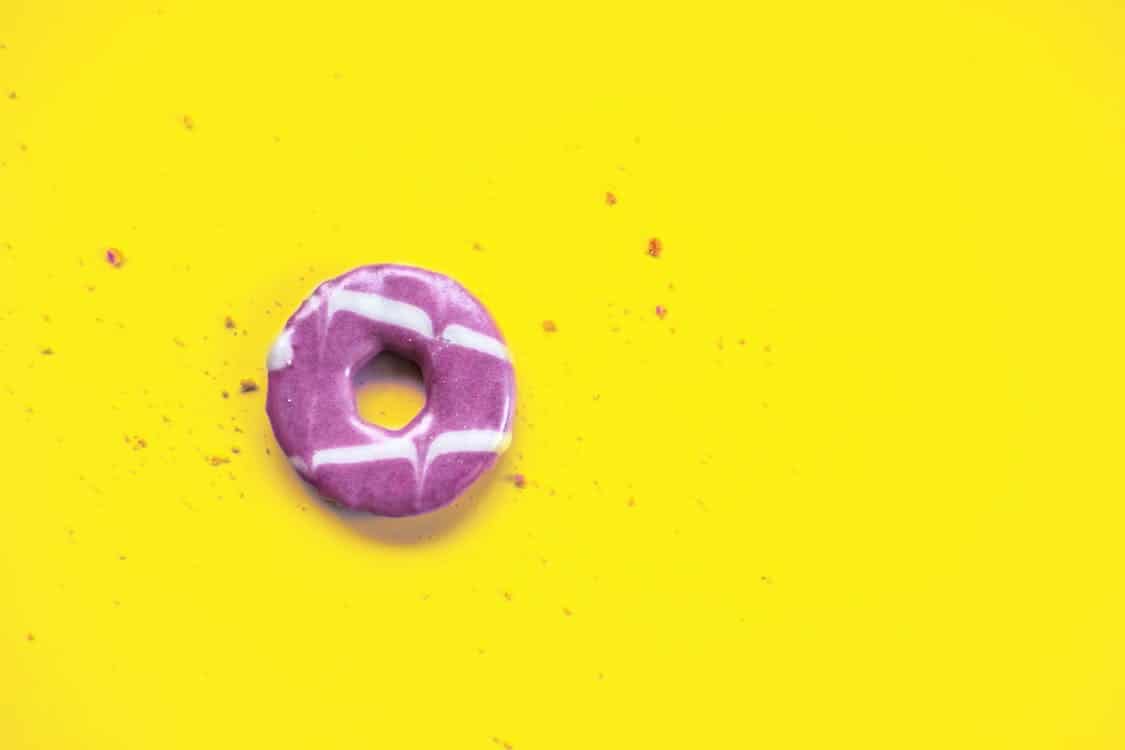It’s been 3 years since my final hospitalisation with anorexia nervosa.
I know this thanks to Snapchat sharing with me a series of photo “memories” taken on the morning of this day 3 years ago when I was admitted for the last time.
Once upon a time those photos would have set off an all-consuming jolt of shame but now all I felt as I clicked through those images was unconditional compassion towards that past me.
She was trying so very hard.
In fact, all she ever did was try and despite the trying she was still so very sick, lost and utterly stuck.
In the 3 years between then and now my life has changed in ways I have no words to describe.
If someone had told me back then the life I would one day be living I’d never have believed them.
The life I now live was beyond my realm of possibility and not just during the moments of quiet desperation as I lay trapped and confused under the starched sheets of hospital beds but during the entire almost 15 years I lived with anorexia nervosa.
Which is why perhaps one of the most important lessons I have learned in those 3 years since that way of living ceased to be my reality and wish I could have believed back then is that where you are now and where you’ve been in your past does not in any way determine your future.
Your future depends only on the choices you make now and each moment moving forward.
3 Little Lessons I Learned in 3 Years Since Recovery
- Eating a Lot ≠ Eating Enough

Eating a lot is not the same as eating enough.
Eating “a lot” by any meal plan definition, calorie count or judgement from yourself or others is not the same as eating enough for your needs.
If you are losing weight or wanting to gain weight and not, you are hungry or thinking about food often then you are not eating enough. This is a fact and needn’t be any more complicated than that.
There is nothing outside of you which can tell you what to eat as well as you can tell yourself.
When you learn to listen to this feedback that is, and the caveat is when you’ve lost this getting it back does take an investment of energy and effort to relearn. This phase of relearning is one of the reasons recovery is difficult (cough, cough understatement of the century) because initially it requires letting go and choosing chaos over certainty (the certainty of hell but a known hell none the less).
- Gratitude ≠ Guilt

Gratitude is not the same as guilt.
When I was sick, I had gratitude all mixed up with guilt.
In my mind I thought I was attempting gratitude but truly all I was feeling was immense guilt over what I had and my “stupidity” over still not being able to just get well despite having it “so good” in comparison to some.
I now know that true gratitude is expressing appreciation for what you have been through, what you have in life and for who you are and this is not in comparison to what anyone else has but purely to give thanks for all that is. That is an incredible feeling and it’s a shame I had it mixed up for so long but at least I have such a great understanding now that I can make up for lost time!
- Comfort ≠ Cure

Comfort is not the same as cure.
I can guarantee that if you consider yourself in recovery and you are comfortable, you’re not in recovery. Harsh? Perhaps, but also true.
The whole purpose of recovery is to get to recovered and there is no avoiding the hard work. You can try all sorts of shortcuts but one day you’re going to have go through the middle if you want to ever be ok with yourself and live even half of the life you are capable of.
This goes for people you enlist to help you during your recovery. No matter how good and pure the intentions of those who want to comfort you and take away your pain the truth is your cure is not found in purely in the endless pursuit of comfort at the expense of change.
Please seek help from a therapist who challenges you, who pushes you and who it is clear from the beginning that their role is in facilitating you to set yourself up for a life in which you can fully rely upon yourself versus attending ongoing treatment for the next 3 years, 5 years or indeed the rest of your life.
There must be progress within, I would recommend the first 5 sessions and if the initial presenting issue is not resolved within a reasonable time please go elsewhere.
If you get over the problem and want to continue sessions to address a another issue or simply to talk with someone and have that human connection by all means continue seeing the therapist but let it be known that this is what you are doing.
2 Take Home Messages

What I’d love to shine through most and for you to take away from these 3 learnings is that they are small!
They’re nothing monumental or overwhelmingly profound but they are, in combination with one-million-and-one other tiny things exactly what bridges the otherwise seemingly impossible to fathom gap between recovery and recovered.
These are all tiny little changes and realisations many of which I didn’t outright “work for” but which came about as a natural result of the quality of help I did find and the effort I put into challenging myself each and every day to step outside of the confines of what I thought was true and real.
Which is why the other takeaway I’d love to leave you with is if there was one thing I could go back and tell myself it would be to get help.
Real help.
Not just any help but help that could help because I didn’t recover because there was anything special about me I recovered because I got great help and I went all in on that path even when it felt wrong.
For 15 years I saw people who couldn’t help, I bullied myself and blamed myself and relentlessly shamed myself for being unable to change and believed I should and even that I could change alone. Looking back, I don’t think I could have.
I needed that outside input, a perspective that was worlds away from anything I’d known, the teaching of tools and resources I didn’t have and also someone else’s unwavering belief that I could do it.
If you’ve tried one thing or seen a therapist for a long time and made minimal progress by all means don’t keep trying that same thing and blaming yourself but at the same time do not give up on finding the treatment that works for you because it is out there and when you find it recovery becomes not just a possibility but inevitable.
With my whole heart I hope you found this information useful and inspiring.

Become Great. Live Great.
Bonnie.



